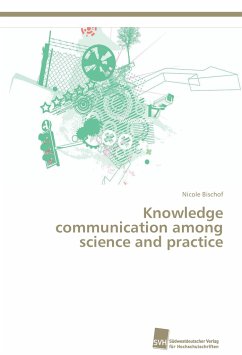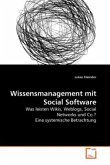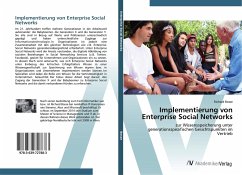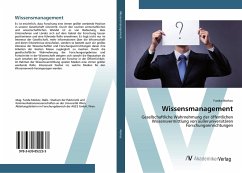Knowledge plays a vital role in organizations and management and its communication is a key competence. But it is not only 'knowledge about something' as a resource and capability for competitive advantage that is so important, it is also the social process of 'knowing' which is of high relevance in modern working life. The contribution of this dissertation is thus a managerial approach to improve the quality of knowledge communication by applying the concept of clarity. Secondly, a thorough understanding of the praxis of knowledge communication in a community of practice including actors, artifacts and attitudes (e.g. towards strategic change) is suggested. Such a deep understanding is prerequisite to enable collaboration in practice. A third contribution are patterns of perception of strategic change in a community of practice and recommendations for their antizipation. Finally, a method to use visualizations in qualitative interviewing as a form of knowledge communication is provided. A detailed discussion of practical implications can be found in the final chapter of this dissertation.
Bitte wählen Sie Ihr Anliegen aus.
Rechnungen
Retourenschein anfordern
Bestellstatus
Storno








